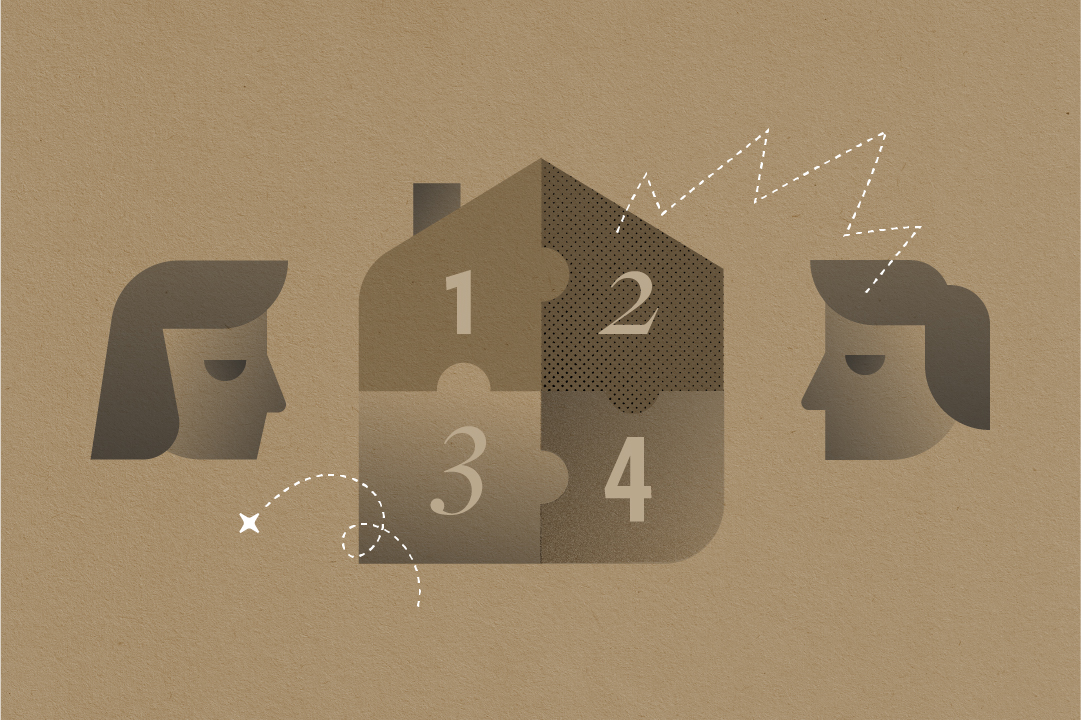Going to court can be stressful and unnerving for those who have not experienced it before. Here are 10 useful tips which may help you on the first appearance in Court:
Alternative dispute resolution
Mediation may be a useful and effective tool for assisting to resolve matters which are disputed. If you think that there is a possibility of the parties attending mediation to try and resolve issues, then this may be suggested as a course of action. The courts are certainly receptive to any parties that try to resolve matters outside of the court room.
Personal safety
If you are concerned about your safety in any way you can contact the court prior to put in place a safety plan. Alternatively, discuss your concerns with your lawyer so that they can assist you in devising a safety plan as well. There are separate conference and meeting rooms which are available to any person to use to provide safe spaces as well as to ensure individuals confidentiality.
Be prepared
You and your solicitor should have discussed what the agenda is with regard to the Court attendance. You must have a clear idea about what you are seeking as discussed with your lawyer before the day. It is also useful to have a copy of all court documents with you so that they can be referred to if necessary. A useful suggestion is that you take a note pad and pen with you, so that you can make notes and what happens inside the court room.
Online court portal
The Family Court and the Federal Circuit Court have a Court Portal which you may access once you register. This will allow you to access the Court documents filed in your case and Court orders made.
Security
At the entrance to the Federal Circuit Court and Family Court of Australia there are security check points. This is just a preventative measure to ensure everyone’s safety. Make sure that you don’t have any mistaken sharp objects on you or liquids for example deodorant.
Entering the court room and addressing the Judge
If court is already in session when you enter the court room, it is proper to bow in the direction of the Judge as a sign of respect. When addressing or speaking to the Judge, you must stand up and address him/her as “Your Honour”. You will often see lawyers or individuals take prompts from the Judge. It is important to listen to what the Judge is saying to the party and to respond accordingly.
Wait your turn and be respectful
On any given day each Judge could have up to 20 or 30 matters listed on a “duty day” which need to be dealt with. You may need to wait some hours before your matter is heard. Normally, you should allow the full day to be available as the Judge ultimately decides when the matter will be heard during the day. Usually matters are listed in alphabetical order and then get heard as the Judge works down the list.
When your matter is eventually called, the Judge will ensure that both parties are given the opportunity to have their say (personally or via their solicitors) and address the issues that they believe need to be addressed. Each party will be given the opportunity to express their version of events or state opposing submissions. Unless you are called to give evidence in the witness box or you are self-represented, your solicitor would normally do all the talking.
You will quite possibly hear things from the opposing solicitor or the opposing party with which you do not agree. It’s important that you do not gesture, roll your eyes or express yourself loudly. Instead, you should have a notebook and be ready to pass on messages to your solicitor if necessary.
Adjournments
Normally, matters will not be finalised the first time a matter is heard by a Judge or Registrar. Sometimes, the parties and their respective solicitors are ready and willing to negotiate while they are all present in the Court premises waiting to be heard and may perhaps settle the case.
There are normally various appearances that must be made before a Judge or Registrar in the lifetime of a court case. These are called “court events”. The usual practice after the initial appearance before the Court is that the matter will then be adjourned or delayed to another “Court event” some weeks later.
During the initial appearance, the Court may make some procedural orders, for example, to refer parties to attend mediation or (in children’s disputes) to a counsellor to meet the parties and the child or children. The counsellor will prepare a written assessment for the Court which will be available at the next Court event.
Children
Ordinarily the courts are not a place to take children. It is suggested that you arrange prior child care and or private care arrangements for your children for the day that the matter is listed. There is of course an exception to this if you have been ordered by the court to bring the children for example to be involved in family consultant interviews. In this instance you should make every effort to ensure the children are available at the time and day that you have been advised.
No violence
there is a strict “no violence” policy within the courts. Remember this and avoid outwardly displaying aggressive behaviour or becoming violent towards others. Physical or verbal violence and abuse will not be tolerated. There are security guards present to ensure safety.
For more information see:
Video shared from: Tips for your court hearing – Family Court of Australia
We hope that these useful tips provide you with some information and allow for some reassurance of what to expect when going to court.

elringtons lawyers regularly provide legal advice in relation to a range of family law matters. Please contact our Family Law Team for more information or to make an appointment call (02) 6206 1300 | e: cturini@elringtons.com.au









